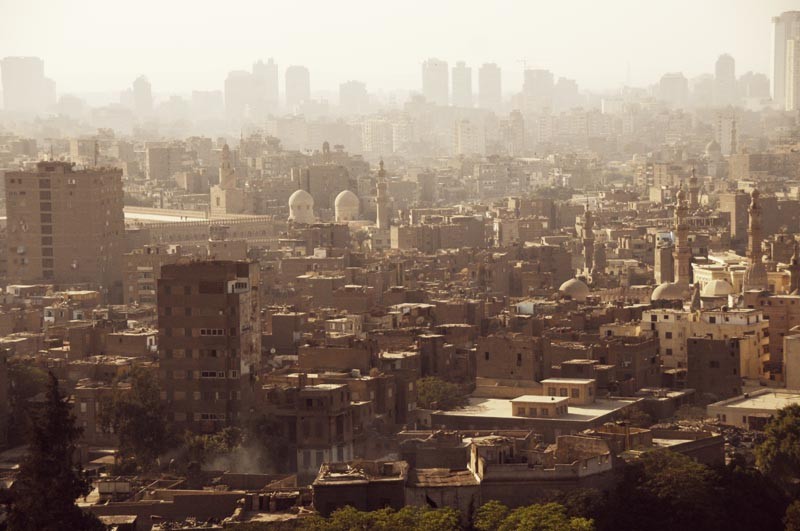A lawyer, Ayman, further explained why the authorities desire that Christians enter into reconciliation. “It is not a legal act to arrest both parties, the parties being the offender and the victim. Sectarian strife and the assault on the Copts are being dealt with illegally because security is pressing for stability. The government does not want the press to speak about it or publish stories about it.”
“Instead, they (the authorities) are making it look like everything is okay and there are no problems. They make it seem as though it is a simple accident that happens between neighbors and that things get resolved peacefully,” Ayman concluded. In short, customary reconciliation is a tool used by the government to hide the discrimination that Christians face. Thus, the authorities continue to invent new ways to pressure Christians into these sessions.
There are many recent examples which cause concern. Last month, several Christians were arrested following a mob attack in the village of Tarshoub. The mob formed after Christians asked a group of young Muslim men to refrain from swimming naked in a canal which passed by their homes. Police held nine Christians in custody until the Christian community agreed to reconcile. The outcome of the reconciliation session was that the Christians agreed to pay a $14,000 fine if they are found at fault of inciting future offenses against their neighbors.
The previous month, a mob attacked a church and the homes of Christians following news that the church in Beheira would soon be legalized. Nine Christians were arrested. According to Wataninet, “The Coptic villagers claim[ed] that the nine Copts who were arrested had been caught randomly in what has now become common practice by the police in order to pressure the Copts into ‘reconciliation,’ so that no legal action would be taken against the Muslim culprits in exchange for setting free the Coptic detainees and ensuring a swift end to hostilities.”
The list of similar cases seems endless. Even some local officials are surprised that the police have embraced this tactic of forced reconciliation. Said one Minya official, “That everything happening in the villages of Beni Ahmed, Assem, Tawa, Edmo, and the arrest of the victims with the culprit is surprising. And it is being repeated as if it is a standard procedure!”
By using judicial procedures to enforce the practice of reconciliation, the authorities are sending a conflicting message about the status of Christians. If Christians are truly free to practice their faith, then the authorities would protect their rights through established due process of law. Instead, the authorities are sending the message that acts of violence against Christians can continue without fair punishment.
As one Christian said, “Where is the law if the authority responsible for applying the law is afraid of the aggressor? He wants to please the radicals and he is afraid of their reaction so there will be no justice expected for the weak party, who in most cases are Coptic!”
For interviews with Claire Evans, Regional Manager, please contact Olivia Miller, Communications Coordinator: [email protected]

